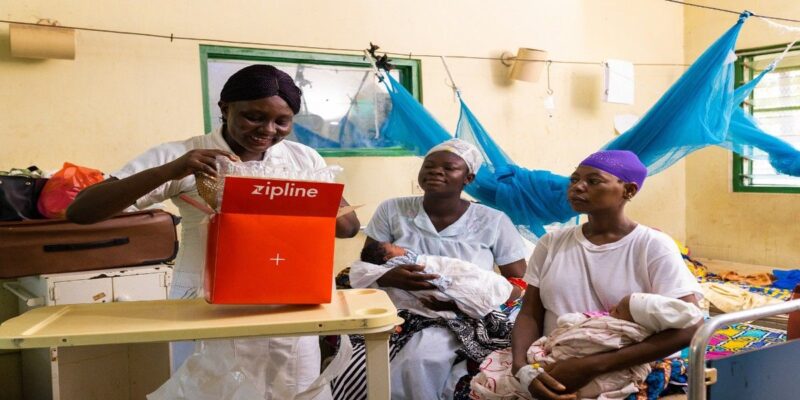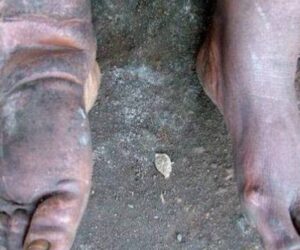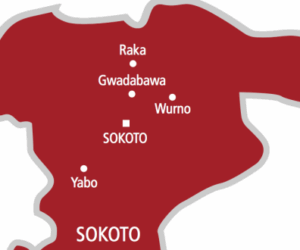The U.S. Department of State is providing Zipline with $150 million to expand its autonomous drone delivery network throughout Africa. This funding will be allocated based on a pay-for-performance model, meaning that African governments must sign expansion contracts and commit to covering ongoing operating costs. This approach ensures the service’s sustainability within public health systems.
Zipline, the world’s largest autonomous logistics platform, has been operating in Africa since 2016, delivering blood, vaccines, and essential medicines to more than 5,000 hospitals and health facilities. The expansion aims to scale the system to serve over 130 million people, tripling the number of health facilities reached to 15,000.
The initiative is expected to create more than 800 high-skilled jobs in logistics, healthcare, robotics, and artificial intelligence (AI). Once fully implemented, the program aims to generate up to $1 billion in annual economic gains by addressing logistical and credit bottlenecks across various regions.
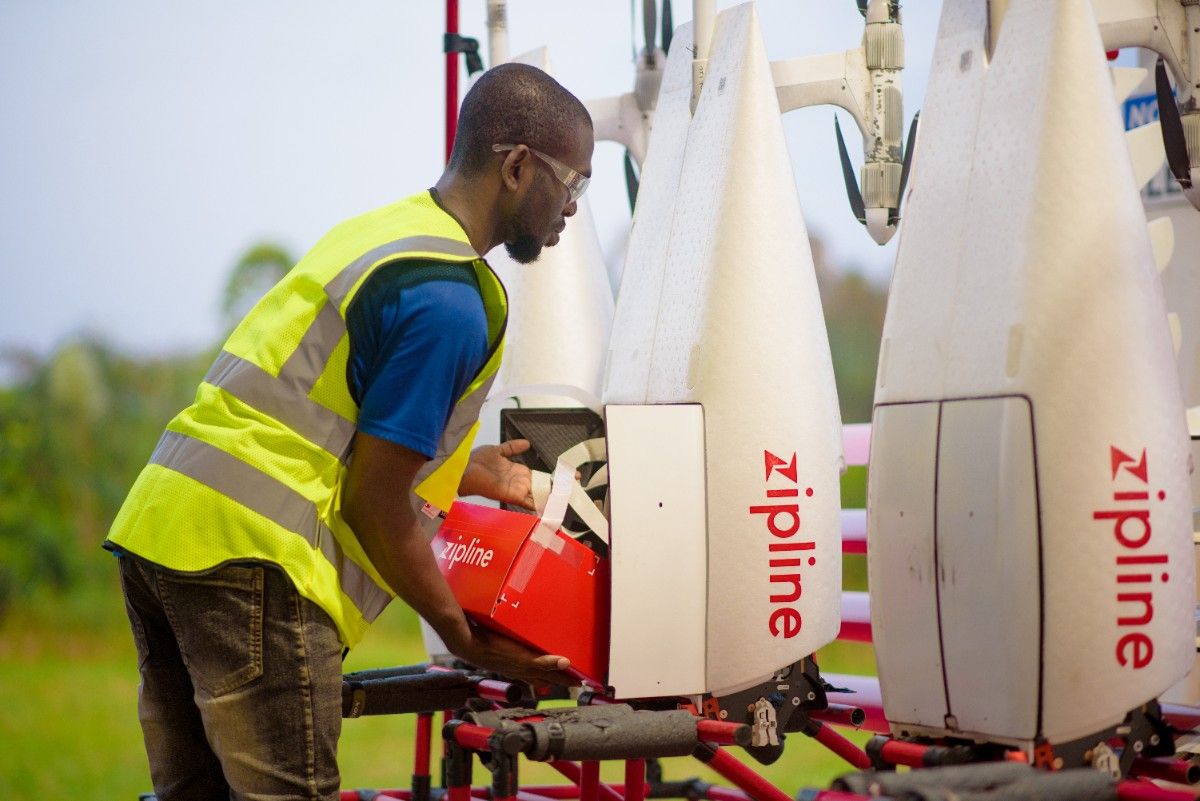
Zipline drones delivering health across Africa
Rwanda will be the first country to receive support from the new funding initiative. The plan includes setting up a third distribution center, which will double the daily delivery capacity. Short-range precision drones will be used in urban areas. The country will also host a main testing facility for Zipline’s hardware and software systems.
Zipline is planning to expand its services in Nigeria, Kenya, and Côte d’Ivoire. In Nigeria, Zipline currently works in three states to improve healthcare. It helps reduce stockouts of medical supplies and increases visits to healthcare facilities and treatment rates.
In Côte d’Ivoire, Zipline will grow its operations to serve more communities and strengthen local health facilities. In Kenya, the plan is to expand coverage in the western counties and connect services to the national health network.
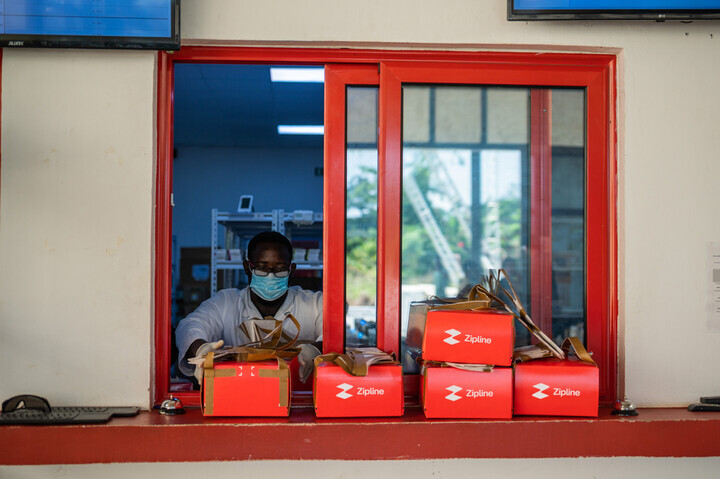

Zipline’s operations have led to important health improvements. In Rwanda and Ghana, maternal deaths have decreased by up to 56%, the number of people not receiving their first dose of vaccinations has fallen by over 40%, and missed chances to treat malaria have dropped significantly. The platform has flown over 120 million miles and made more than 1.7 million deliveries safely, without any accidents.
Read also: DHL Group to invest $575m in healthcare, logistics expansion across Africa, Middle East
The expansion brings important economic and environmental benefits. Zipline has replaced ground transport, saving over 900,000 gallons of fuel and cutting CO₂ emissions by 97%. Local communities gain from job creation and better access to essential health products.
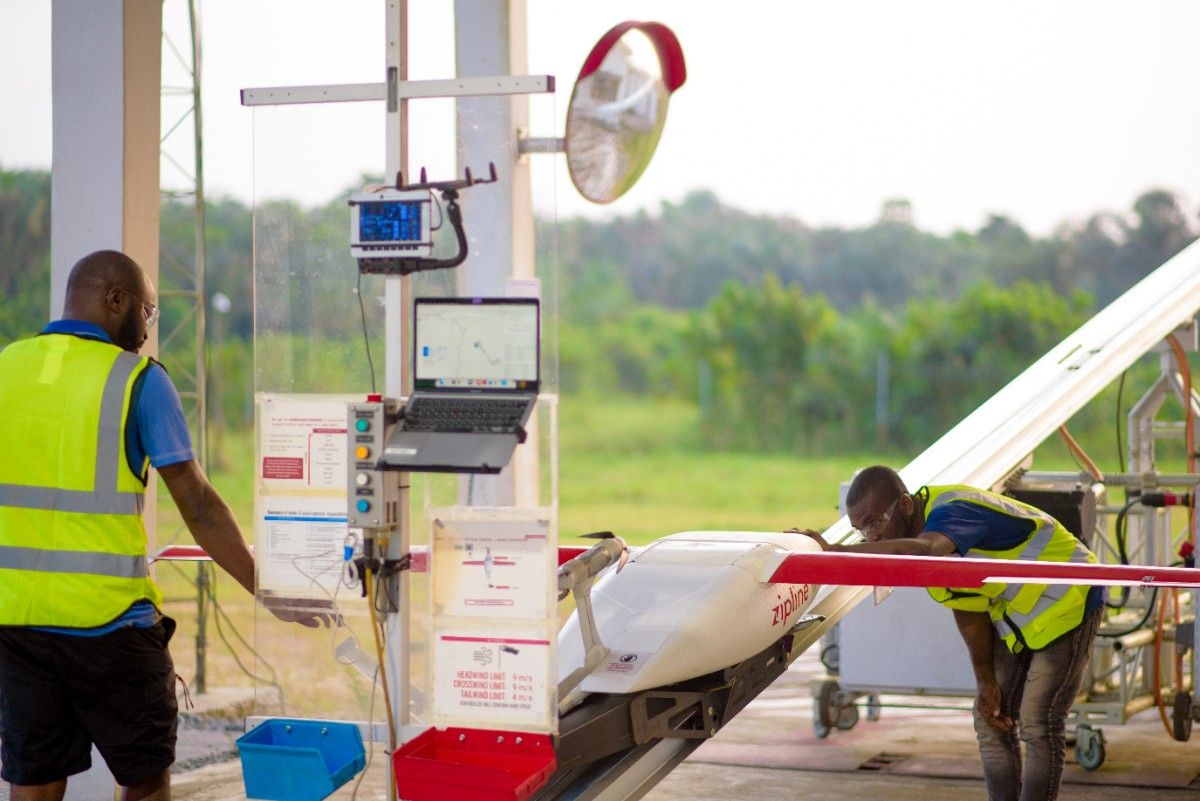

U.S. and African officials highlight that the project integrates technology, innovation, and sustainability. Funding through a results-driven model encourages governments to maintain and invest in the system, while also expanding Zipline’s reach. This partnership illustrates how autonomous logistics can tackle public health challenges and enhance outcomes for millions of people across Africa.

